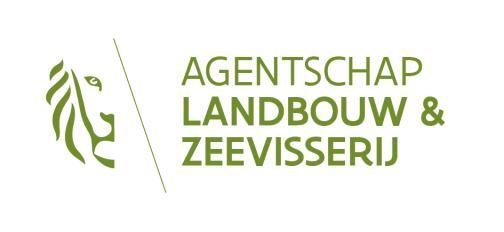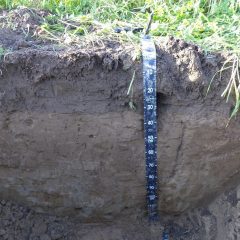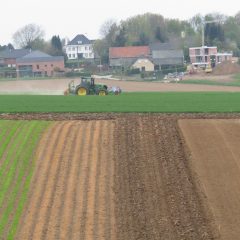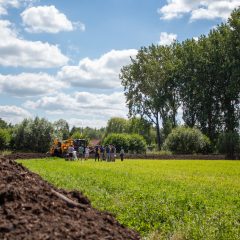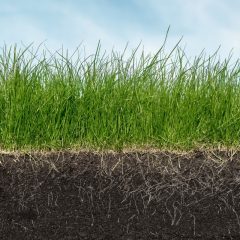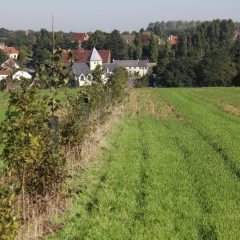Research project Fertilization and crop rotations to reduce nitrogen field emissions

General introduction
Which crop rotations and fertilization strategies can help to further reduce nitrogen losses from agricultural fields? The BRON project sought an answer. Field ammonia emissions are the primary focus to identify favorable management practices and or mitigating measures, while also keeping an eye on possible side effects such such as on nitrogen leaching or N2O emissions. The practices and measures suggested within this project can help to reduce the enviromental and climate impact of the Flemish agricultural sector.
Research approach
BRON uses a combination of literature study and field measurements to estimate expected N losses and NH3 field emissions for the most common and relevant crops for Flanders. This helps identify the effect of possible management practices and mitigation measures. An economic evaluation of the most promising practices and measures is also made, which clarifies the impact on farm profitability and thus feasibility for application in the Flemish agricultural context.
Relevance/Valorization
The BRON project is expected to provide the Flemish agricultural sector with more information on how to reduce ammonia losses from the field, with limited trade-off to other N losses in the form of leaching and N2O emissions. Adapted management practices and mitigating measures can also be used in the so-called 'tailor-made' areas within the framework of the PAS (Programmatic Approach to Nitrogen) in order to achieve the objectives with respect to nearby nature areas. Cost are clearly delineated in advance, which leads to development of support and guidance required for implementation of the practices and measures.
Financing
Agentschap Landbouw & Zeevisserij
